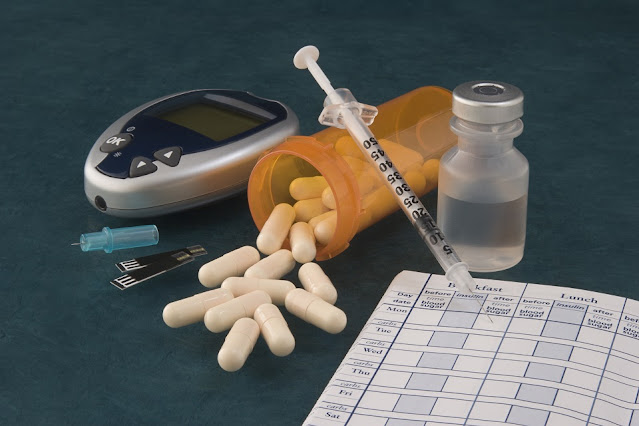Hypoglycemic Drugs: Managing Diabetes for a Healthy Life
 |
| Hypoglycemic Drugs |
For individuals living with diabetes, managing blood sugar levels is crucial to maintaining good health and preventing complications. Hypoglycemic drugs play a vital role in the treatment of diabetes, helping to regulate blood glucose levels and improve the overall quality of life. In this blog post, we will explore the different types of hypoglycemic drugs, their mechanisms of action, and their significance in diabetes management.
According To Coherent Market Insights, Global Hypoglycemic Drugs Market is estimated to be valued at US$ 660 Mn in 2022 and is expected to exhibit a CAGR of 9.2% during the forecast period (2022-2030).
Understanding Hypoglycemic Drugs
Hypoglycemic drugs are medications specifically designed to lower blood sugar levels in individuals with diabetes. They work by increasing insulin production, improving insulin sensitivity, or reducing glucose production in the liver. The choice of a hypoglycemic drug depends on factors such as the type of diabetes, the individual's health condition, and lifestyle factors.
Types of Hypoglycemic Drugs
Oral Medications: These are taken in pill or tablet form and are commonly prescribed for individuals with type 2 diabetes. Oral hypoglycemic drugs include sulfonylureas, biguanides, meglitinides, and dipeptidyl peptidase-4 (DPP-4) inhibitors. They work by stimulating insulin release, reducing glucose production, or increasing insulin sensitivity.
Injectable Medications: For individuals with type 1 diabetes or advanced type 2 diabetes, injectable Hypoglycemic Drugs may be prescribed. These include insulin and glucagon-like peptide-1 (GLP-1) receptor agonists. Insulin is essential for individuals with type 1 diabetes, as their bodies do not produce insulin. GLP-1 receptor agonists stimulate insulin release, reduce glucagon secretion, and slow down gastric emptying.
Benefits of Hypoglycemic Drugs
Hypoglycemic Drugs play a crucial role in diabetes management and offer several benefits:
Blood Sugar Control: The primary objective of hypoglycemic drugs is to maintain blood sugar levels within a target range, thus reducing the risk of hyperglycemia (high blood sugar) and hypoglycemia (low blood sugar) episodes.
Increasing consumption of chicken is expected to propel the growth of the global Poultry Pharmaceuticals Market over the forecast period.
Prevention of Complications: By effectively controlling blood sugar levels, hypoglycemic drugs help reduce the risk of long-term complications associated with diabetes, such as cardiovascular disease, kidney damage, and nerve damage.
Improved Quality of Life: Proper management of diabetes with hypoglycemic drugs can enhance overall well-being, allowing individuals to lead an active and healthy lifestyle.
Personalized Treatment Approach: With a wide range of Hypoglycemic Drugs available, healthcare professionals can tailor treatment plans to meet the specific needs and goals of each individual.
Hypoglycemic drugs play a vital role in diabetes management, helping individuals achieve and maintain optimal blood sugar control. Whether in the form of oral medications or injectables, these drugs provide valuable support in the daily management of diabetes.
The global Antiparasitic Drugs Market has been experiencing steady growth due to several factors.
It is important for individuals to work closely with healthcare professionals to determine the most appropriate hypoglycemic drugs and develop a personalized treatment plan. By effectively managing blood sugar levels, individuals with diabetes can reduce the risk of complications and enjoy a healthier and more fulfilling life.


Comments
Post a Comment